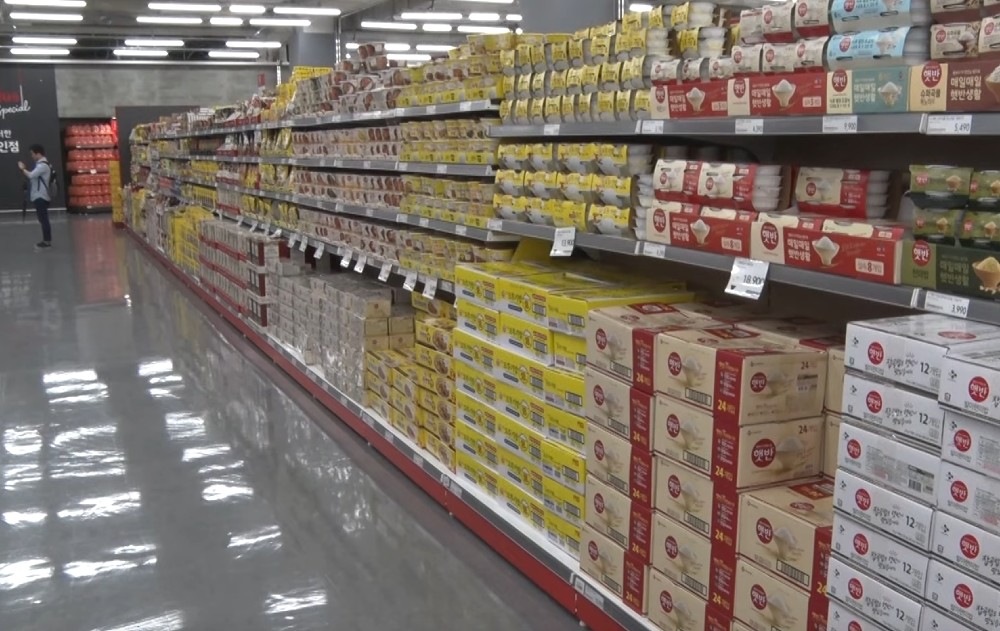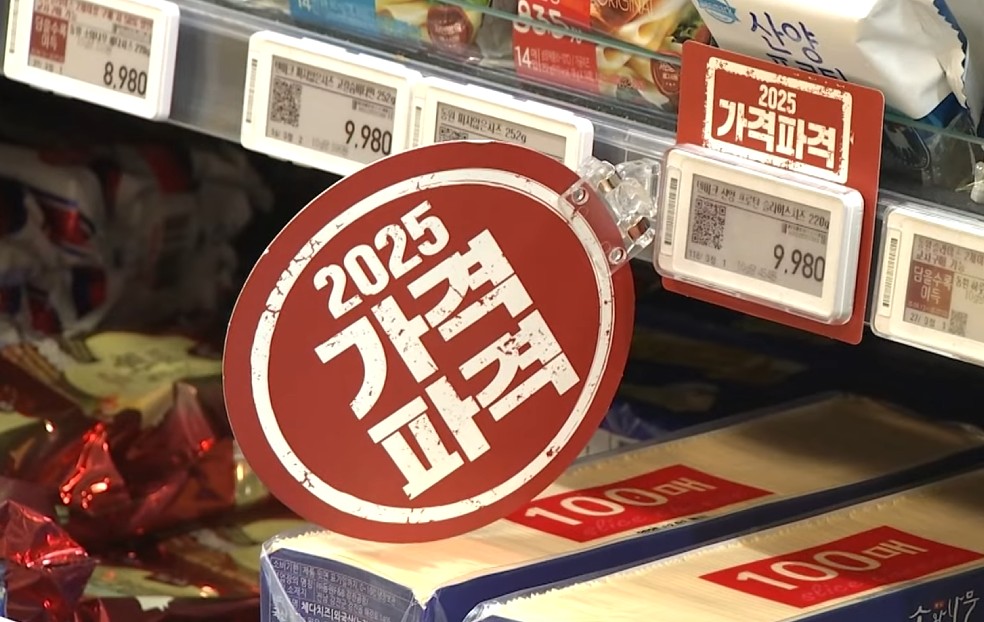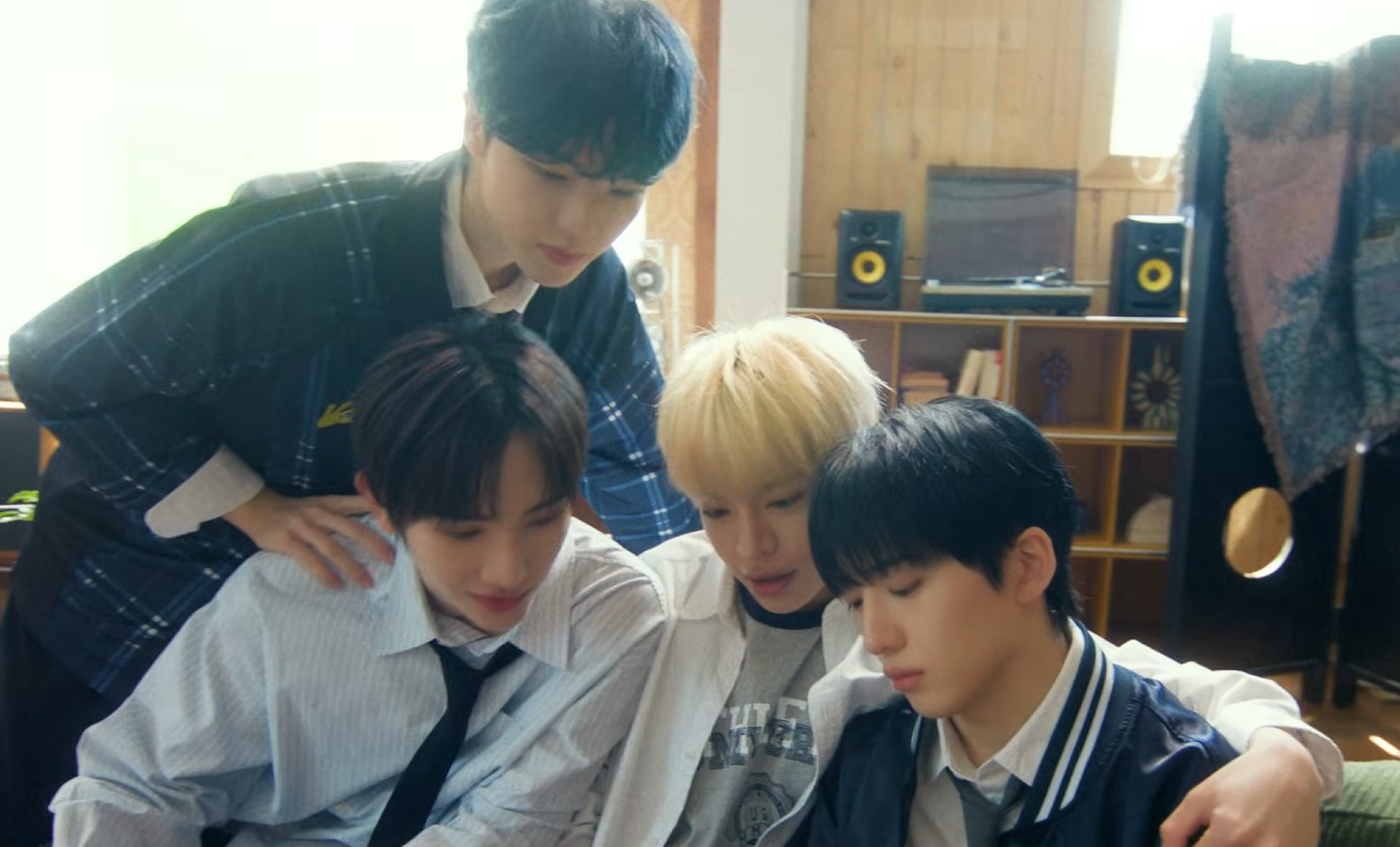South Korea Bulk Buying Trend Is Growing Fast
As living costs rise and the economy stays sluggish, a South Korea bulk buying trend is taking off among smart shoppers who want to save money without giving up quality. More people are teaming up with neighbors and online community members to buy in bulk and split the cost — a simple but effective way to stretch every won.
According to Tangen Markets, South Korea’s leading secondhand commerce app, bulk-sharing meetups jumped by an incredible 411% in the first half of this year compared to the same time in 2024.
Everything from daily essentials to fresh flowers is now shared through these local buying groups. Many households turn to online forums and neighborhood chat rooms to find others interested in splitting packs of bread, cheese, butter, laundry detergent, or tissue paper. One user shared, “I live in a three-person household and always avoided big packs. Now I share with my neighbors — it’s a game changer.”
A unique twist on this trend is the rise of flower-sharing clubs. What started as small groups splitting wholesale blooms has bloomed into a full trend of its own — especially in cities like Seoul. This year alone, Seoul has hosted more than 80 flower-sharing meetups.
READ MORE: Why Are South Korea’s Shops Closing So Fast?
READ MORE: President Lee Targets Ramen Price Surge

Experts say the South Korea bulk buying trend will keep growing as families look for practical ways to balance tight budgets while still enjoying variety and quality. For many, buying in bulk together means no waste, more savings, and a stronger sense of community.
This trend is also giving rise to new business ideas and local micro-economies. Some residents have started acting as informal coordinators, organizing bulk orders and small distribution hubs in neighborhoods or apartment complexes. These grassroots organizers often share tips on the best deals, manage pick-up times, and even negotiate discounts directly with wholesalers — turning a simple money-saving habit into a small community network that benefits everyone involved.
Looking ahead, experts believe bulk buying communities could expand beyond everyday groceries and flowers to include household goods, seasonal produce, or even lifestyle products. As more Koreans search for affordable ways to weather economic uncertainty, bulk sharing not only helps households save money but also creates new ways for neighbors to connect and support each other. In a time when costs keep rising, this collective approach might just become one of the country’s most practical solutions for modern living.
Alternatively, view more Korean updates here:














Leave a Reply